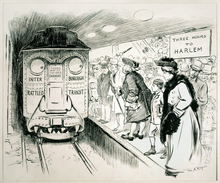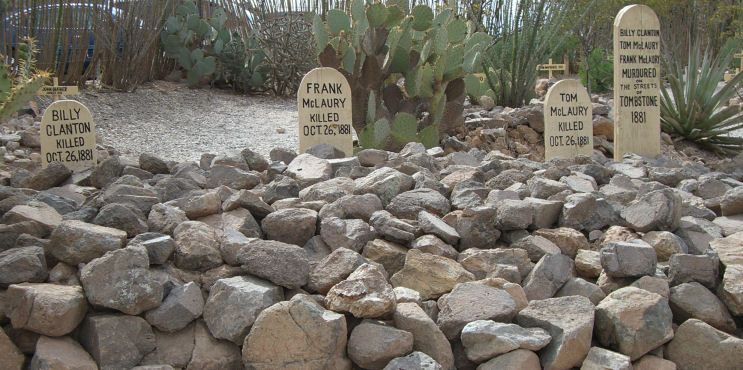“Punting the Pundits” is an Open Thread. It is a selection of editorials and opinions from around the news medium and the internet blogs. The intent is to provide a forum for your reactions and opinions, not just to the opinions presented, but to what ever you find important.
Paul Krugman: Divided We Fail
Barring a huge upset, Republicans will take control of at least one house of Congress next week. How worried should we be by that prospect?
Not very, say some pundits. After all, the last time Republicans controlled Congress while a Democrat lived in the White House was the period from the beginning of 1995 to the end of 2000. And people remember that era as a good time, a time of rapid job creation and responsible budgets. Can we hope for a similar experience now?
No, we can’t. This is going to be terrible. In fact, future historians will probably look back at the 2010 election as a catastrophe for America, one that condemned the nation to years of political chaos and economic weakness.
New York Times Editorial: No Justification
Two years ago, when a splintered Supreme Court approved lethal injection as a means of execution in Baze v. Rees, Justice John Paul Stevens made a prophecy. Instead of ending the controversy, he said, the ruling would raise questions “about the justification for the death penalty itself.” Since then, evidence has continued to mount, showing the huge injustice of the death penalty – and the particular barbarism of this form of execution.
n the case of Jeffrey Landrigan, convicted of murder and executed by Arizona on Tuesday, the system failed him at almost every level, most disturbingly at the Supreme Court. In a 5-to-4 vote, the court’s conservative majority allowed the execution to proceed based on a stark misrepresentation.
Of the 35 states that allow the death penalty, all now execute by lethal injection. Most use a sequence of drugs that is supposed to provide a painless death, but when it is administered incorrectly it causes agony that amounts to torture. Veterinarians say the method doesn’t meet the standard for euthanizing animals.
Nicholas D. Kristoff: End the War on Pot
I dropped in on a marijuana shop here that proudly boasted that it sells “31 flavors.” It also offered a loyalty program. For every 10 purchases of pot – supposedly for medical uses – you get one free packet.
“There are five of these shops within a three-block radius,” explained the proprietor, Edward J. Kim. He brimmed with pride at his inventory and sounded like any small businessman as he complained about onerous government regulation. Like, well, state and federal laws.
But those burdensome regulations are already evaporating in California, where anyone who can fake a headache already can buy pot. Now there’s a significant chance that on Tuesday, California voters will choose to go further and broadly legalize marijuana.
Robert Reich: Halliburton and the Upcoming Election
Next Tuesday Americans will be deciding whether to hand over even more of our government to corporations that have been plundering America — such as Goldman Sachs, JP Morgan Chase, Citibank, Wellpoint insurance, Massey Energy, and Halliburton, the giant oil services company.
Not every large corporation is irresponsible, of course, but plunderers that get away with it gain a competitive advantage over the more responsible, and thereby lead a race to the bottom.
Case in point: The staff of the presidential commission investigating the BP oil spill has just revealed that Halliburton executives knew the cement it was using to seal BP’s Deepwater Horizon oil well was likely to be unstable but didn’t tell BP or act on the information.



 A few weeks following the grand jury refusal to indict, Virgil Earp was shot by hidden assailants from an unused building at night – a wound causing him complete loss of the use of his left arm. Three months later Morgan Earp was murdered by a shot in the back in Tombstone by men shooting from a dark alley.
A few weeks following the grand jury refusal to indict, Virgil Earp was shot by hidden assailants from an unused building at night – a wound causing him complete loss of the use of his left arm. Three months later Morgan Earp was murdered by a shot in the back in Tombstone by men shooting from a dark alley. Later in 1887, just over six years from the time of the O.K. fight, Doc Holliday died of tuberculosis in Glenwood Springs, Colorado, aged 36.
Later in 1887, just over six years from the time of the O.K. fight, Doc Holliday died of tuberculosis in Glenwood Springs, Colorado, aged 36. Wyatt Earp, the last survivor of the fight, traveled across the western frontier for decades in the company of Josephine Marcus, working mostly as a gambler, and eventually died in Los Angeles of infection, in 1929, at the age of 80.
Wyatt Earp, the last survivor of the fight, traveled across the western frontier for decades in the company of Josephine Marcus, working mostly as a gambler, and eventually died in Los Angeles of infection, in 1929, at the age of 80.
Recent Comments